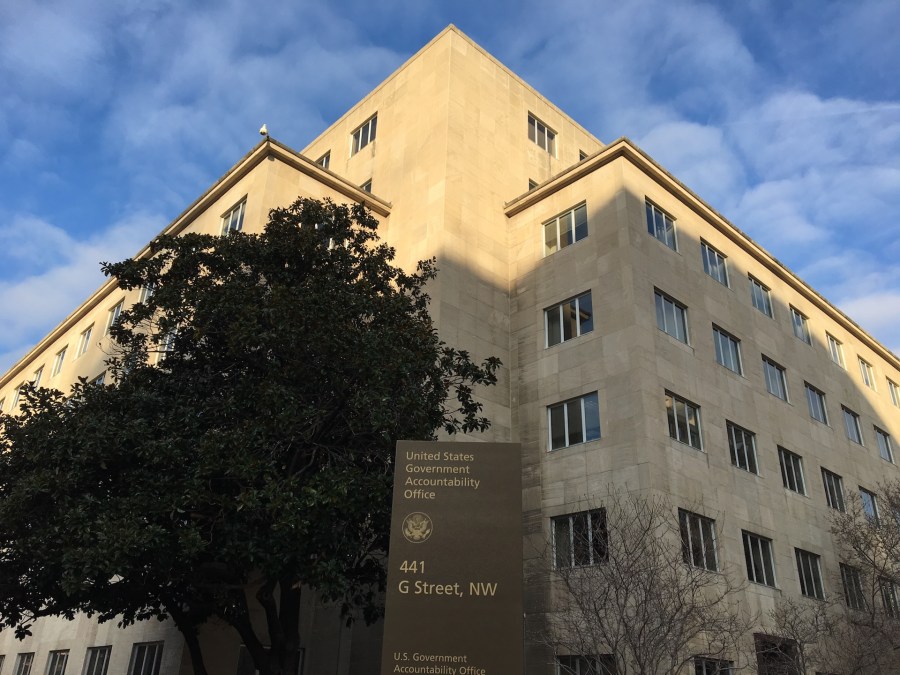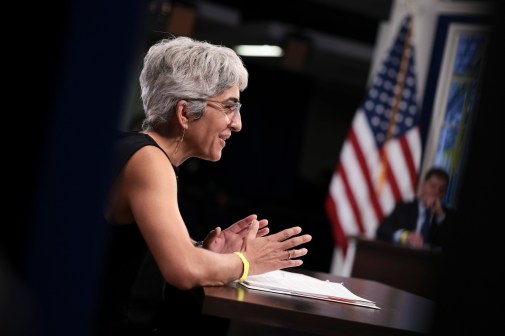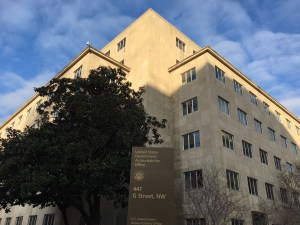OPM reorg requires shift in agencies’ hiring strategies

The Government Accountability Office doesn’t have a stance on the administration’s proposed Office of Personnel Management reorganization, but the watchdog is concerned with the federal workforce capacities that would need to be implemented and maintained as a result of the plan.
Succession planning is typically position-based, but government needs to move to a competency-based model that extends hiring strategies as many as 15 years out, Chris Mihm, a managing director at GAO, said Tuesday at a National Academy of Public Administration event.
GAO’s High-Risk List currently identifies 35 programs with fundamental deficiencies in mission performance, 16 of which are due to critical skills gaps. That number jumps to 17 if you include governmentwide human capital issues associated with OPM.
“Cyber issues — obtaining, retaining, training, developing the staff that’s needed in order to deal with the evolving cyber threat — are a big challenge for agencies,” Mihm said. “Likewise [information technology] skills in acquisitions and maintenance are among the governmentwide high-risk human capital shortages that we see.”
Other issues are agency-specific, like the Census Bureau’s $800 million-plus IT project lacking people with the skills to oversee the contract, he added.
Public-private partnerships (P3s) favored in Europe and increasingly by state and local governments are often tossed around as a possible solution to the skills gap predicament. However, they have an “uneven record of success” at the federal level, Mihm said.
“What very often happens is that government does not have the sophistication that it needs in order to oversee and manage and work pretty complex contracting vehicles in a way that delivers results for the American people,” he said.
Workers also need to be able to innovate with and without technology, use data to improve performance and assess risk, and understand change management, Mihm said.
Statistical analysis of OPM’s Federal Employee Viewpoint Survey found the key to workforce retention lies in government providing opportunities for training and development.
“That’s why things at the federal level like the Presidential Management Fellows Program and the issues that are associated with that and the [White House] intern program and the issues that are associated with that are so concerning,” Mihm said. “Because we need to make sure that we’re bringing people in, in order to develop them to be the leaders of the next generation.”





